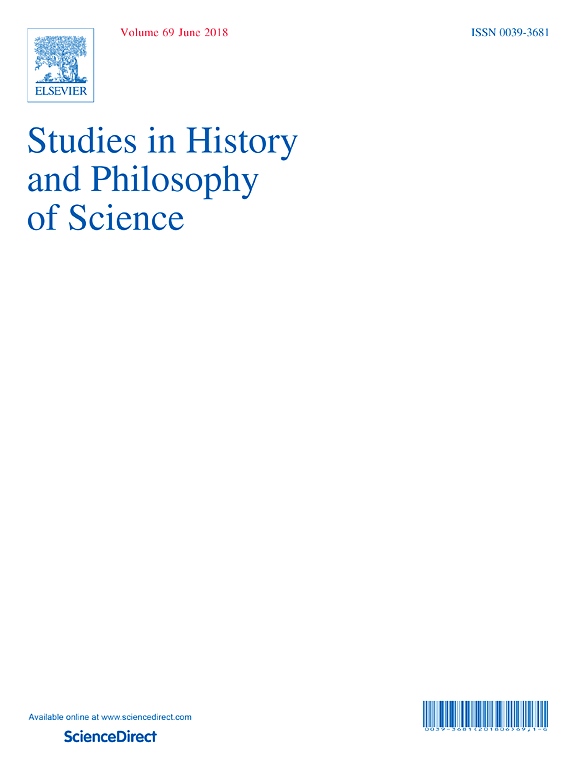Inference to the Hypothesis of Extended Cognition
2011 Studies in History and Philosophy of Science, 41: 353–362
Last updated 11 November 2010
This paper examines the justification for the hypothesis of extended cognition (HEC). HEC claims that human cognitive processes can, and often do, extend outside our head to include objects in the environment. HEC has been justified by inference to the best explanation (IBE). Both advocates and critics of HEC claim that we can infer the truth value of HEC based on whether HEC makes a positive or negative explanatory contribution to cognitive science. I argue that IBE cannot play this epistemic role. A serious rival to HEC exists with a differing truth value, and this invalidates IBEs for both the truth and the falsity of HEC. Explanatory value to cognitive science is not a guide to the truth value of HEC.

This paper examines the justification for the hypothesis of extended cognition (HEC). HEC claims that human cognitive processes can, and often do, extend outside our head to include objects in the environment. HEC has been justified by inference to the best explanation (IBE). Both advocates and critics of HEC claim that we can infer the truth value of HEC based on whether HEC makes a positive or negative explanatory contribution to cognitive science. I argue that IBE cannot play this epistemic role. A serious rival to HEC exists with a differing truth value, and this invalidates IBEs for both the truth and the falsity of HEC. Explanatory value to cognitive science is not a guide to the truth value of HEC.
HTML version of full text not available
PDF available above
